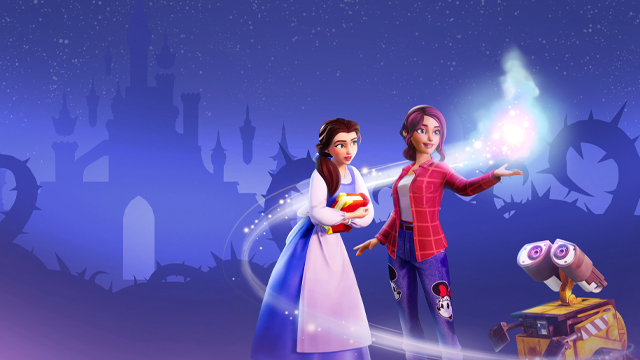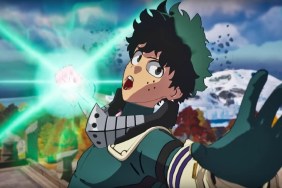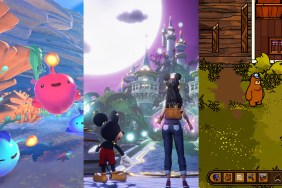Disney Dreamlight Valley has a simple premise: what if you took Animal Crossing’s life simulation gameplay, sprinkled in some Stardew Valley farming, but then replaced all the townsfolk with Disney characters? Giving Disney fans a sandbox island to play in, then letting them invite over the likes of Moana and Wall-E, is a strong pitch. After spending some hands-on time with the game, I…

Atlas is an action-rpg with rogue-like elements where you use your ability to control the ground to fight the enemies and move through procedurally generated worlds.










